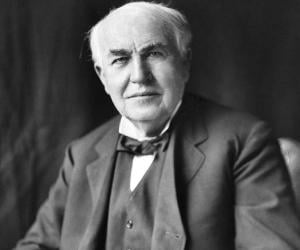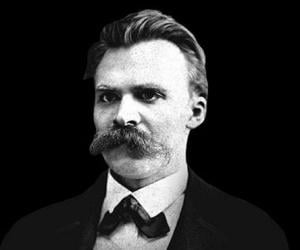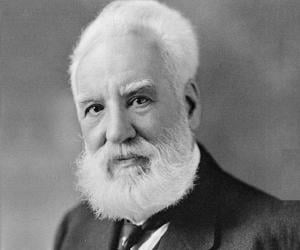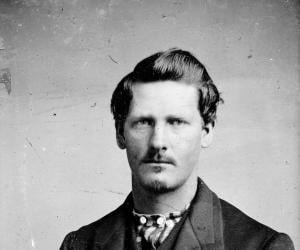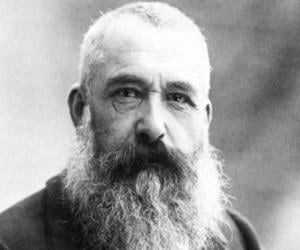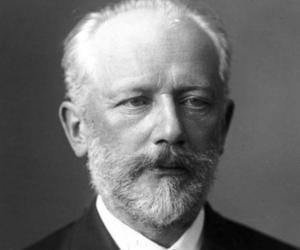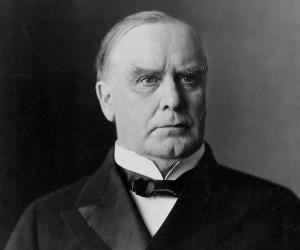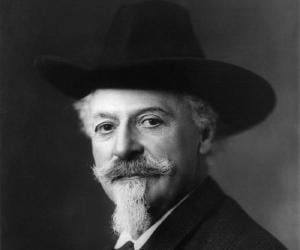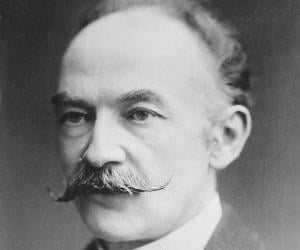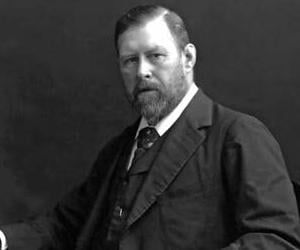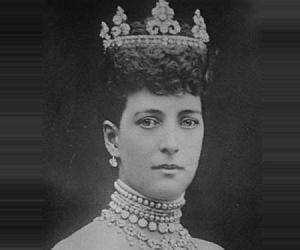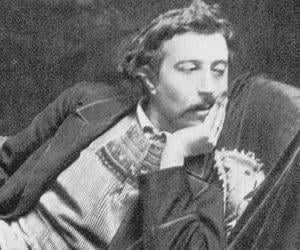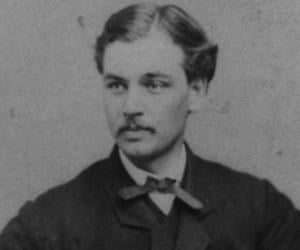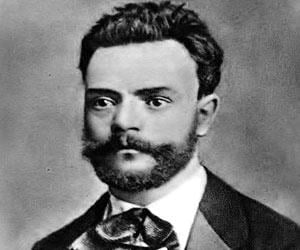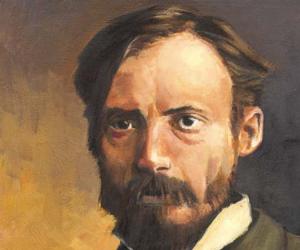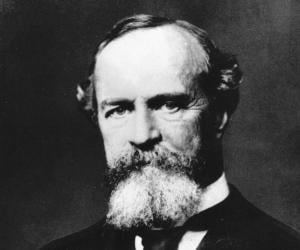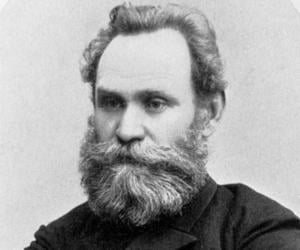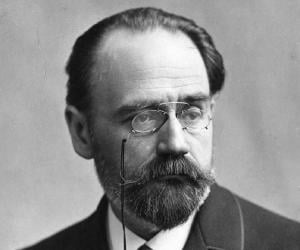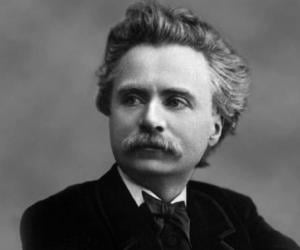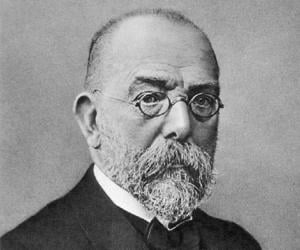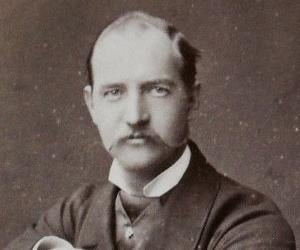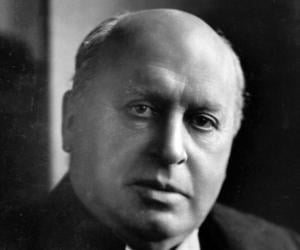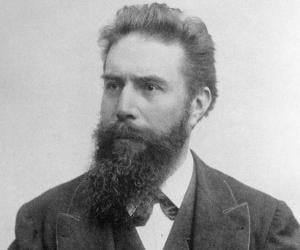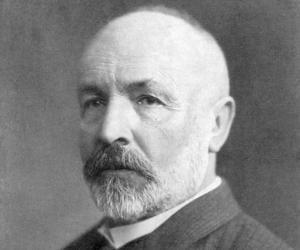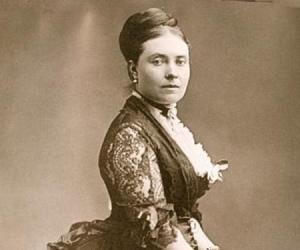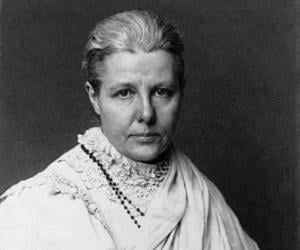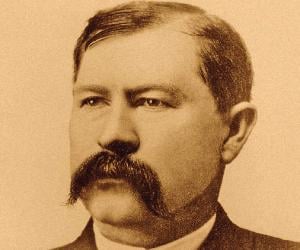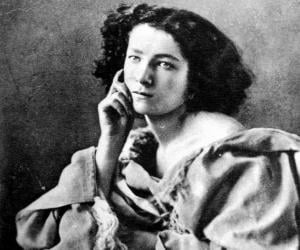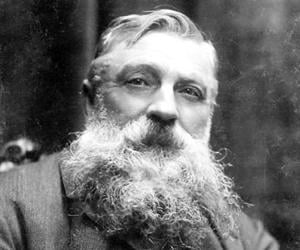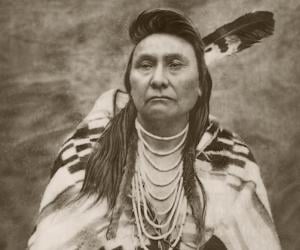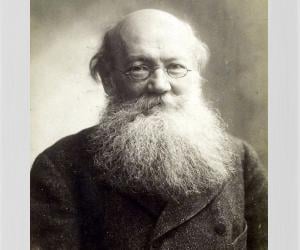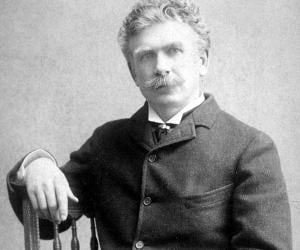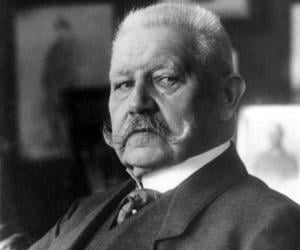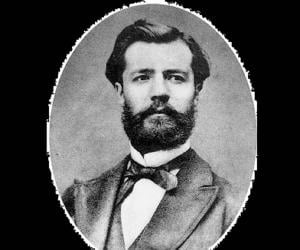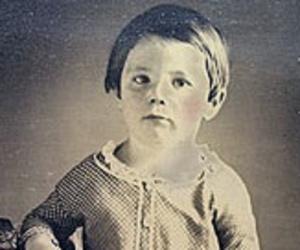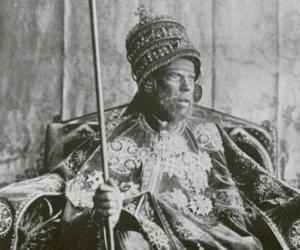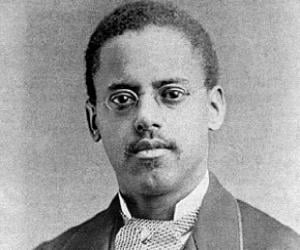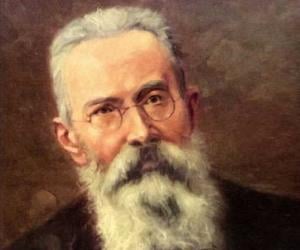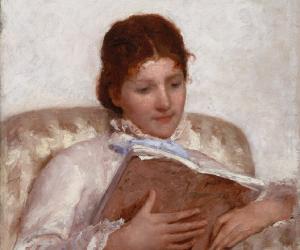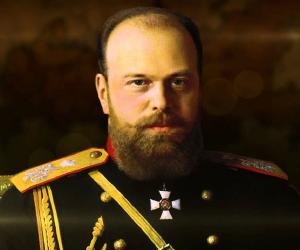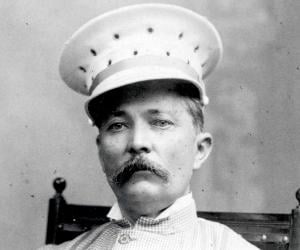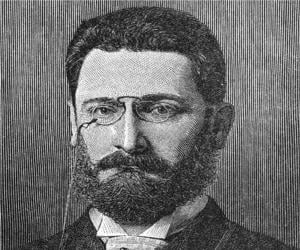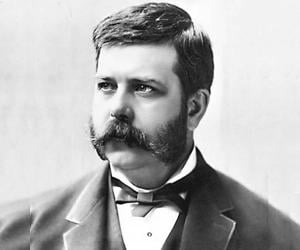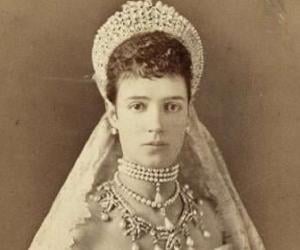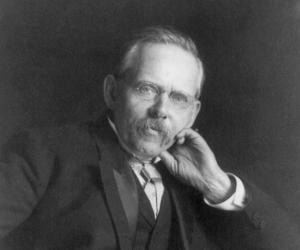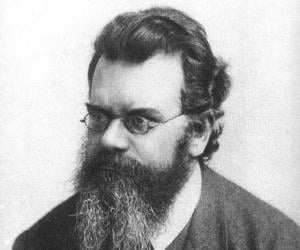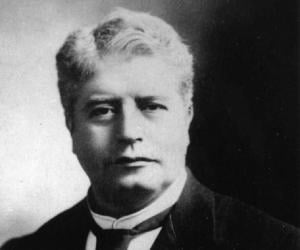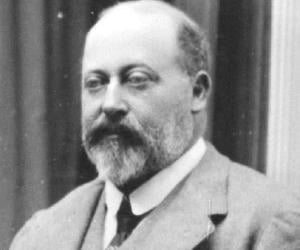Described as America’s greatest inventor, Thomas Edison’s legacy is an everlasting one. He was the first to help make the incandescent light bulb commercially viable, even though he was not the first inventor of it. Quadruplex telegraph, phonograph, motion picture camera and the alkaline storage battery are some the many innovations that made him a worldwide phenomenon and an icon.
German philosopher, cultural critic, composer, and poet Friedrich Nietzsche has had a profound influence on modern intellectual history. He held the Chair of Classical Philology at the University of Basel. His work spanned philosophical polemics, poetry, cultural criticism, and fiction. He suffered from numerous health problems from a young age and died at the age of 55.
Alexander Graham Bell was a scientist, inventor, and engineer. He is credited with inventing the first functional telephone. He is also credited with co-founding America's major telephone company AT&T, which has been going strong since 1885. Bell's later life was marked by his groundbreaking work in aeronautics, hydrofoils, and optical telecommunications. He was also an ardent supporter of compulsory sterilization.
A policeman and a gunfighter, Wyatt Earp is most known for his role in one of the most famous gunfights in the American West history - the Gunfight at O.K. Corral against a group of cowboys. The incident inspired numerous films and books that elevated his heroic status. During his life, he also worked as a truck driver and saloonkeeper.
Claude Monet was a French painter. The founder of French Impressionist painting, Monet's painting Impression, soleil levant gave rise to the term Impressionism. Often dubbed the driving force behind Impressionism, Monet mastered the art of painting the same scene several times so as to capture the changing of the light. Since his death, his paintings have sold for record prices.
Pyotr Ilyich Tchaikovsky was the first Russian composer to place Russian music on the international stage. Often described as a musician who transcended the stereotypes of classical Russian music, Tchaikovsky is credited with making the Western world take note of Russian music. Although he was criticized by the critics, his popularity among the public never faded.
The 25th President of the United States, William McKinley led America to victory in the Spanish-American War. During his presidency, he played a major role in promoting American industry by raising protective tariffs, which in turn boosted the country's economic growth. He also played a key role in the American Civil War.
Lawyer Robert Todd Lincoln, son of Abraham Lincoln, served as the U.S. Secretary of War from 1881 to 1885 and as the U.S. minister to the U.K. from 1889 to 1893. He had served in the Civil War, too, and had also been the president of the Pullman Car Company.
Antonín Dvořák was a Czech composer who achieved worldwide recognition for his works. His life and career inspired the 1980 historical biographical film Concert at the End of Summer, in which Dvořák was played by actor Josef Vinklář. Canadian children's author Ian Krykorka has based many of his works on some of Antonín Dvořák's operas.
French artist Pierre-Auguste Renoir, father of actor Pierre Renoir and director Jean Renoir, was a key Impressionist painter. His best-known works include The Swing, Diana, and Seated Girl. He was known for his use of vibrant colors and feminine sensuality in his works. He also painted landscapes and portraits.
William James was an American psychologist and philosopher. Widely regarded as the father of American psychology and one of the most influential American philosophers, James was the first educator in the United States to offer a course in psychology. He is also credited with co-founding a psychological school of thought called functional psychology and establishing a philosophical school called pragmatism.
Emile Zola was a French novelist, journalist, and playwright. He played a key role in the development of theatrical naturalism and was a well-known practitioner of the literary school of naturalism. He was also a political journalist and was influential in the political liberalization of France. He was nominated for the Nobel Prize in Literature twice.
Robert Koch was a German microbiologist and physician. One of the prominent co-founders of modern bacteriology, Koch is credited with creating and improving laboratory techniques and technologies in the field of microbiology. He is also credited with making important discoveries in public health. In 1905, Robert Koch won the Nobel Prize in Physiology or Medicine for his research on tuberculosis.
George I of Greece reigned as the king of Greece from 1863 until his murder in 1913. During his reign of nearly 50 years, which is the longest in the history of modern Greece, George helped expand Greece's territory significantly. During his reign, Greece also became increasingly prosperous and attained a popular place on the European stage.
Henry James was an author, regarded as one of the greatest novelists ever to write in the English language. One of his novellas titled The Turn of the Screw has been the most analyzed ghost story in the history of English language literature. While his works have been adapted into films, he has been the subject of several other stories.
Wilhelm Rontgen was a German physicist and mechanical engineer. He is best remembered for producing and detecting X-rays for which he was honored with the first Nobel Prize in Physics in 1901. His discovery of X-rays remains one of the greatest achievements in the field of medical science.
Victoria, Princess Royal was the Queen of Prussia and German Empress from 9 March 1888 to 15 June 1888. Victoria, Princess Royal had an opportunity to influence the German Empire's policy, but the death of her husband German Emperor Frederick III, just 99 days after his accession, ruined her opportunity. Victoria has been portrayed in several movies and TV series.
Annie Besant was a British theosophist, socialist, writer, orator, educationist, women's rights activist, and philanthropist. Despite being British, Besant supported India's freedom movement and even joined the Indian National Congress. She is also credited with co-founding Banaras Hindu University. Besant also helped launch the Indian Home Rule movement to campaign for democracy in the country.
Sarah Bernhardt was a French actress known for playing important roles in popular French plays of the early-20th century. Her decision to play Hamlet inspired Theresa Rebeck's play Bernhardt/Hamlet, in which Janet McTeer portrayed Sarah Bernhardt. In 1960, Bernhardt became the earliest born person to be honored with a star on the Hollywood Walk of Fame.
Chief Joseph, a leader of the Nez Percé tribe of Native Americans, had initially agreed to the U.S. demand of them moving into a reservation in Idaho. However, fearing retaliation after his men killed a few whites, he attempted an escape to Canada, leading his people through an arduous trek.
Russian philosopher Peter Kropotkin was a passionate advocate of anarcho-communism. He was also an activist, revolutionary, economist, and sociologist. He was arrested and imprisoned for his activism in 1874. However, he managed to escape and lived in exile for over 40 years in different countries across Europe. He returned to Russia after the Russian Revolution in 1917.
Henri Fayol was a French mining engineer, author, mining executive, and director of mines. He is credited with developing a theory of business administration called Fayolism. Along with Frederick Winslow Taylor, Henri Fayol is credited with founding modern management methods.
Menelik II reigned as the emperor of Ethiopia from 1889 to 1913 after ruling as the king of Shewa from 1866 to 1889. He is credited with transforming the Ethiopian Empire by expanding his kingdom into Wolayta, Sidama, and Kaffa kingdoms. Fascinated by modernity, Menelik II played a major role in modernizing Ethiopia.
While he grew up listening to Russian folk songs and church music, Nikolai Rimsky-Korsakov later joined the navy with his brother. One of the legendary Russian composers known as The Mighty Handful, he is remembered for his pieces such as Flight of the Bumblebee from the opera Tsar Saltan.
Henry Morton Stanley was a Welsh-American explorer, journalist, colonial administrator, soldier, politician, and author. He is remembered for his exploration of central Africa and his search for the source of the River Nile. Stanley received an honorary title of knighthood in 1899. His life and career inspired the 1939 movie Stanley and Livingstone, where Stanley was played by Spencer Tracy.
Joseph Pulitzer was a newspaper publisher who became a national figure in the Democratic Party after crusading against corruption and big business. Pulitzer is also credited with founding the Columbia School of Journalism. The world-renowned Pulitzer Prizes, which are awarded annually to reward excellence in various fields, are named in his honor.
Inventor and entrepreneur George Westinghouse was mostly responsible for introducing the U.S. to alternating current (AC). Initially part of the army and the navy, the talented engineer began his journey of inventions with the rotary steam engine and went on to invent several products, such as air brakes.
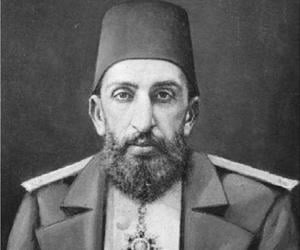
Maria Feodorovna was a Danish princess who married Emperor Alexander III and became Empress of Russia. She was the second daughter of King Christian IX of Denmark and Louise of Hesse-Kassel. She grew up to be a beautiful and charming woman. She was married to Alexander Alexandrovich, the son of Emperor Alexander II and his first wife Maria Alexandrovna.
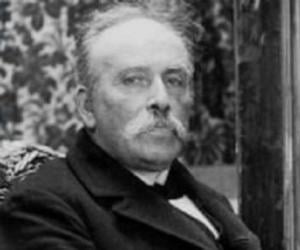
Austrian physicist and philosopher, Ludwig Boltzmann, played a key role in the development of statistical mechanics. As a young man, he was appointed a professor of mathematical physics at the University of Graz. He worked extensively with other physicists over the course of his brilliant academic career. He suffered from bipolar disorder and died by suicide in 1906.
The first prime minister of Australia, Edmund Barton had also been a senior judge at the High Court of Australia. The federation movement leader was also a major force behind the drafting of the constitution of his country. After rejecting the knighthood thrice, he finally accepted the honor in 1902.
Edward VII, the King of the United Kingdom of Great Britain and Ireland and Emperor of India from 22 January 1901 until his death, is said to have played a role in the reorganisation of the British Army after the Second Boer War. His main interests lay in the fields of foreign affairs and naval and military matters.
